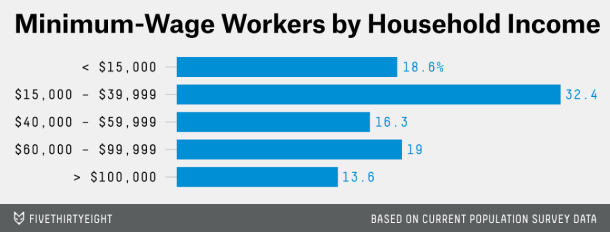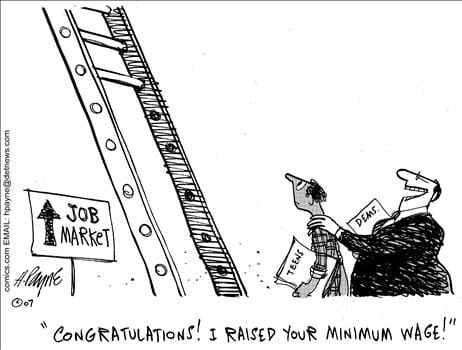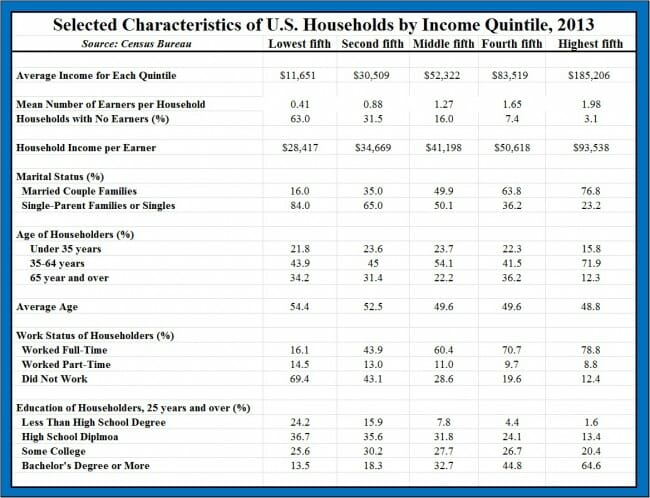Barack Obama Poised to Convert Millions of Junior Managers into Timeclock Punchers
The title of this post is my alternative to Politico's headline which reads, "Barack Obama poised to hike wages for millions." What is actually happening is that Obama is proposing to raise the threshold for how much money an employee can make before he or she can be considered exempt from overtime rules (and thus exempt from filling in a time sheet).
As early as this week, the Labor Department could propose a rule that would raise the current overtime threshold — $23,660 – to as much as $52,000, extending time and a half overtime pay to millions of American workers.
The Obama Administration and its supporters (and apparently Politico, by how they wrote the headline) are smoking something if they think employers are going to react by raising salaries of current exempt employees being paid 23,660 or 30,000 or 40,000 to $52,000. Absolutely no way. There may be a few just under the $52,000 threshold that get a bump, but that will be a minor effect.
Everyone else is going to suddenly find themselves converted from a junior manager back to a wage earner. Companies are not going to allow these newly minted wage earners to earn overtime, and so I suppose one good outcome is that we may see a new boost in productivity as companies find ways to automate or eliminate junior management tasks to get all these folks down to 40 hours a week.
Five years ago, I might have really been in a panic over this in my company, but fortunately our experience with Obamacare has given me confidence we'll figure it out. With Obamacare we were facing enormous costs which we (like many service and retail companies) managed to eliminate by converting almost all of our full-time employees to part-time. Compared to that effort, figuring out how to get all of our managers down to 40 hours seems like child's play.
As usual, most of the costs of this regulation will be born by workers. As with other minimum wage-type laws, some will be better off, actually getting the "raise" promised by Politico, while some will be worse off, dropped to straight 40-hour work which does not pay as well, or out of work entirely.
However, this law has an even bigger impact-- it changes the relationship between the worker and their employer. There are important differences between hourly and salaried work in the relationship with employers. Some are psychological -- for better or worse, management things of salaried workers differently than hourly workers. And some are real -- salaried workers can try to demonstrate that they are worthy of promotion by working extra hours and taking on extra tasks, things that hourly workers really can't do.
As a final note, I have to give the Coyote Academic Arrogance Award to Daniel Hamermesh of UT Austin who is quoted as follows:
“It’s hard to believe that somebody making $30,000 is a supervisor,”
He knows this, how? We have supervisors who do a fabulous job for $2500 a month and are happy to be making that.
But that is actually not the Hamermesh statement that I would rank most ignorant of reality. This is:
But Hamermesh said that to whatever extent employers reduced hours to avoid overtime the result would be more job creation, not less, since someone else must [be] hired to perform that work. Jared Bernstein, an economic adviser to Vice President Joe Biden during President Barack Obama’s first term, added that for many workers reduced hours would be a plus: “Their salary is the same but they have more time with their families.”
Are these guys for real? Employers are not going to give employees the same salary for fewer hours. They are going to try pay them less if they are getting fewer hours of work (of course their ability to do so depends on the labor supply). But the change is worse than this. They are not only getting fewer hours, but they are getting a different person and a different relationship. Before, say for a junior manager job, employers could get go-getters who worked 60 hours a week to impress management with their diligence and dedication, signaling they were ready for promotion. Now, employers will get time-clock punchers.


